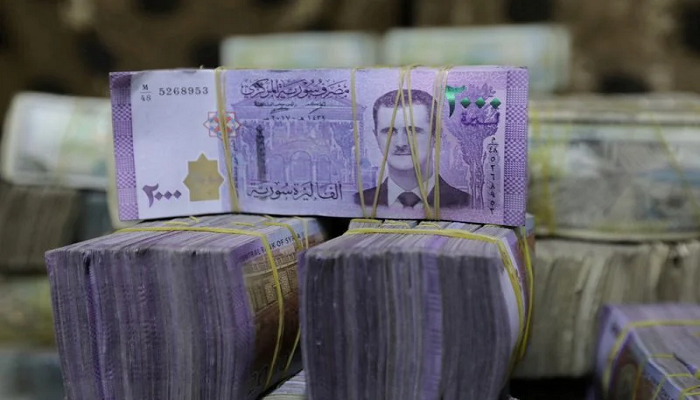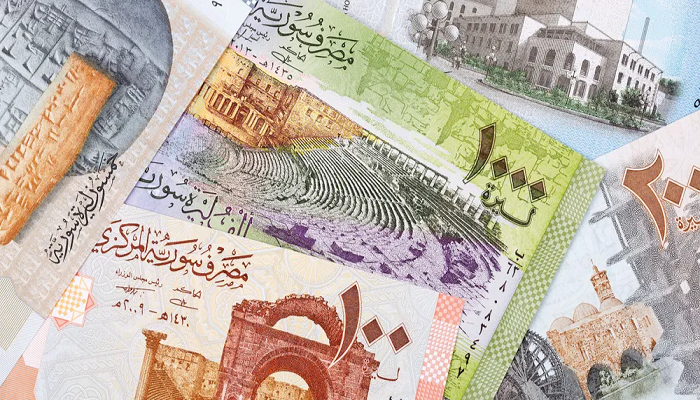Syria plans to print its newly designed currency in the United Arab Emirates and Germany, ending its longstanding reliance on Russia.
The move signals strengthening ties with Gulf and Western nations and comes amid growing diplomatic engagement with Damascus, as U.S. sanctions begin to ease. Sources suggest the decision reflects Syria’s efforts to diversify its alliances and rebuild its economy.
In another sign of deepening ties between Syria’s new rulers and the UAE, Damascus on Thursday signed an $800 million initial deal with the UAE’s DP World to develop Tartus port – the first such deal since President Donald Trump’s surprise announcement on Tuesday that U.S. sanctions on Syria would be lifted.
Syrian authorities began exploring the possibility of printing currency in Germany and the UAE earlier this year and the efforts gained steam after the European Union eased some of its sanctions on Damascus in February.
Putin and Qatar’s Emir Discuss Syria and Gaza in Moscow Talks
The redesign will remove former Syrian strongman Bashar al-Assad‘s face from one of the Syrian pound’s purple-hued denominations that remains in circulation.

Syria’s new rulers are trying to move quickly to revamp an economy in tatters after 13 years of war. It has recently been further hampered by a banknote shortage.
One of Assad’s key backers, Russia, printed Syria’s currency during more than a decade of civil war after the EU imposed sanctions that led to the termination of a contract with a European firm.
The new rulers in Damascus have maintained ties with Moscow even after Assad fled to Russia last December, receiving several cash shipments in recent months along with fuel and wheat as Russia looks to retain its two military bases in Syria’s coastal region.
That has caused discomfort among European states seeking to limit Russia’s influence amid the war in Ukraine. In February, the EU suspended sanctions on Syria’s financial sector, specifically allowing for currency printing.
Turkey and Israel Launch Deconfliction Talks Over Syria
Syrian authorities are in advanced talks on a currency-printing deal with UAE-based company Oumolat, which the country’s central bank governor and finance minister visited during a trip to the UAE earlier this month, two Syrian financial sources said.
Oumolat did not respond to a request for comment.
In Germany, state-backed firm Bundesdruckerei and private company Giesecke+Devrient had shown interest, a Syrian source and a European official said, but it was not clear which might print the currency.
A Bundesdruckerei spokesperson said it was not in talks for a currency-printing deal with the Syrian state.
Giesecke+Devrient declined to comment.
The UAE foreign ministry, the German government and Syrian central bank governor Abdelkader Husriyeh did not respond to requests for comment.
Syrian pound notes are in short supply today, though officials and bankers give differing reasons for why this is.
Fighting Breaks Out on Syria-Lebanon Border; Aoun Orders Military Response
Officials say ordinary citizens and also malign actors are hoarding pounds, while bankers say it is Syrian authorities who are keeping the flow to a trickle, partly in an effort to manage the exchange rate.
Banks regularly turn away depositors and businesses when they try to access their savings, piling pressure on an economy already being squeezed by new competition from cheap imports.
The Syrian pound was trading on Friday at around 10,000 per U.S. dollar on the black market, strengthening from around 15,000 before Assad was toppled.
One U.S. dollar was worth just 50 pounds in 2011, before the civil war.



